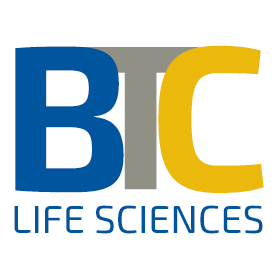Breakthrough in brown fat research
Researchers from the University of Southern Denmark, the Novo Nordisk Center for Adipocyte Signaling (SDU), the University of Bonn and the University Hospital Bonn (UKB) have found a protein that is responsible for turning off brown fat activity. This new discovery…












